Cannon Heritage Consultants is a full-service cultural resource management firm headquartered in Logan, Utah with branch offices in Boise, Idaho and Whitehall, Montana.
Meet Our Team
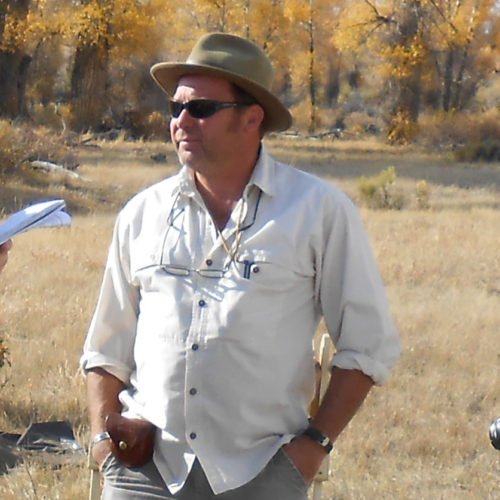
Dr. Cannon is President, and co-owner of CHC and serves as Project Manager and Principal Investigator for all CHC projects. He received his PhD in geography from the University of Nebraska-Lincoln where he used GIS and stable isotope analyses to understand the biogeography of prehistoric bison in the Greater Yellowstone Ecosystem. Ken brings over 25 years of experience in the lntermountain West through his tenure with the National Park Service and for a private cultural resource management firm. Ken also served as interim cultural resource manager at the Valles Caldera, New Mexico for a six-month period in 2003. He has supervised a number of projects in Colorado, Idaho, Utah, Washington, and Wyoming, as well as elsewhere in the United States, ranging from small scale surveys to large data recovery and salvage projects. Ken is permitted in several western states. He is a member of the Idaho Professional Archaeological Council, Utah Professional Archaeological Council and Wyoming Association of Professional Archaeologists. He was the founding President of the Rocky Mountain Anthropological Association (2007-2013), has served as Councilor for Archaeology for the American Quaternary Association, and Vice President for Government Affairs and Research for Utah Professional Archaeological Council. He is currently the Newsletter Editor for the Utah Professional Archaeological Council. He is also a frequent reviewer for the University of Utah Press and serves on the research board for the Hudson-Meng site, Nebraska. Ken has published widely on his work in archaeological and interdisciplinary journals. He has also received numerous grants for his research.
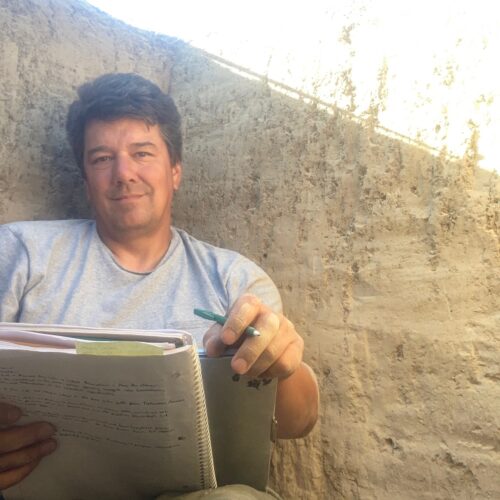
Paul Santarone is a principal investigator for the Great Basin, Rocky Mountain, and Columbia Plateau regions. He earned a Master of Science in Anthropology from Idaho State University and continued his education at the University of Wyoming. With over 20 years of professional experience, Paul brings a strong leadership history to his CHC role. As a leader, Paul takes pride in helping others develop the skills needed for a successful career in archaeology. He has been part of CHC since its founding and has led projects at all scales of inquiry, from simple surveys to complex data recovery operations. Paul is an expert in lithic technology and is known for applying innovative techniques to the analysis and interpretation of stone tools. His professional interests include lithic technology, the transmission of technical knowledge, experimental archaeology, and the peopling of the Americas. Paul’s research has been published in books and peer-reviewed journals.
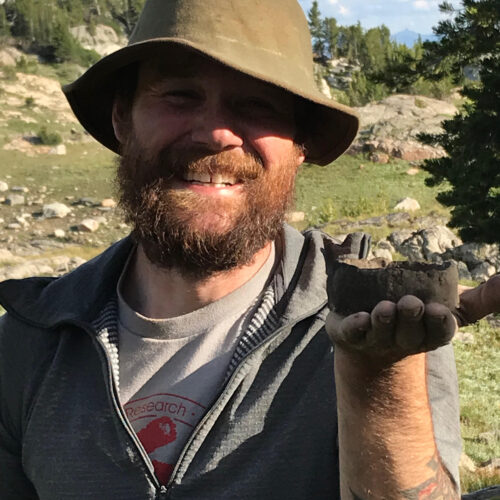
Dr. Scott W. Dersam is the Founder, principal investigator, and principal researcher of the Alpine Ecosystems Research Institute (AERI), formerly the Beartooth Ecosystems Alpine Archaeological Research (BEAAR) Project. Scott holds a Ph.D. in Anthropology from the University of Montana and an M.A. from the University of Wyoming. Dersam has years of experience in varying forms of archaeological research, spanning the foothills and mountains of the Greater Yellowstone Ecosystem, the High Plains, the Great Basin, and Yellowstone National Park. Dersam has taught at the University of Montana, Missoula, and currently teaches at Montana State University, Bozeman, instructing on various archaeological and anthropological topics. He has worked for multiple cultural resource management firms and the USDA Forest Service in Wyoming. Dersam’s field and laboratory research specializes in high-elevation North American hunter-gatherer settlement patterning, alpine occupation duration, spatial statistical modeling, Pleistocene landscapes, and the evolving cultural mountain adaptations of the Rocky Mountains. Scott has supervised public and professional archaeological research efforts in the mountain ranges of the Greater Yellowstone Ecosystem, focusing primarily on the Beartooth Wilderness of Montana since 2018. Dersam’s research has appeared in a special issue of The Journal of Hunter-Gatherer Research (2023), guest edited by Dersam, as well as the National Forest Overview of the Gallatin National Forest (2023).
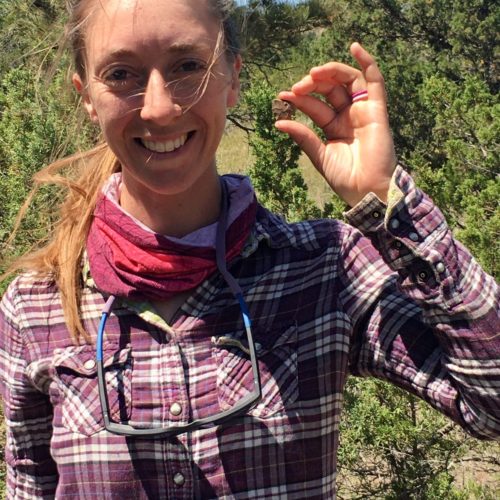
Sari Dersam is Project Manager and GIS Specialist for Cannon Heritage Consultants. She has her M.A. in Anthropology and graduate certificate in GIS from the University of Wyoming. Sari’s thesis research consisted of a spatial analysis of wind patterns and high elevation site location in the Beartooth Mountains. Sari specializes in GIS, statistics, and programming in R. She has worked on numerous survey projects throughout Wyoming, Montana, and South Dakota for private CRM companies, as well as for the United States Forest Service (USFS) in the Black Hills National Forest near Sundance, Wyoming. Sari is a member of the Society for American Archaeology, and Montana Archaeological Society.
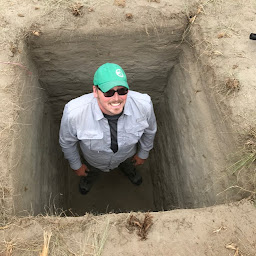
Robert Godard graduated from Utah State University with a BS in Anthropology with an emphasis in Archaeology in 2020. As an undergraduate he received an URCO (undergraduate research and creative opportunities) grant that allowed him to travel to Simon Frasier University to do a comparative study on Peruvian textiles using PXRF (portable x-ray florescence). As a team member of Cannon Heritage he has worked on a wide array CRM related projects that have included survey, excavation, monitoring, geophysics, and laboratory analysis. His interests include lithic analysis, archaeometry, and the prehistoric Great Basin.
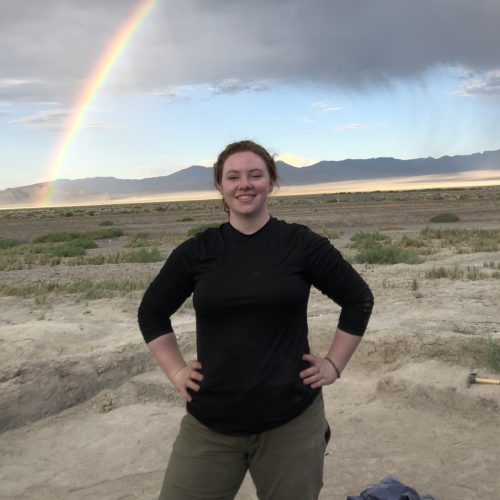
Emma is set to complete her undergraduate degree in Anthropology at Utah State University in the spring of 2023. She became involved with CHC as an intern on the Wendover Airport Data Recovery project and has since joined the team as a field tech. She has experience in excavation and survey projects in the Great Basin, and a background in biotech.
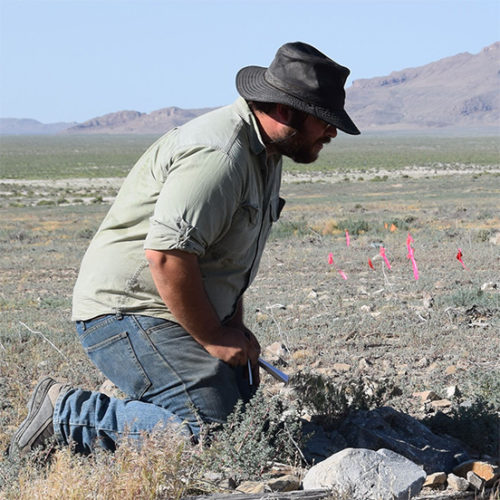
Houston L. Martin (MA, RPA) is a field supervisor and GIS Specialist for CHC and will conduct spatial analysis and database management for this project. He received his M.A. (2014) in anthropology from the University of California-Davis, where he focused on prehistoric land use patterns on the Northwestern Plains and Rocky Mountains, stable isotope analysis, and the application of Bayesian statistical methods to address archaeological questions. Houston first gained experience working in the mountain ranges of Wyoming and Montana. He has supervised a number of projects in these states, including excavation at the Hell Gap Archaeological Site, and various small and large scale survey and excavation projects. He is a member of the Society for American Archaeology and the Plains Anthropological Society, and served as an officer for the Center for Archaeological Research at Davis (2014-2015) and program director for the Hell Gap Summer Seminar Series (2014-2015).
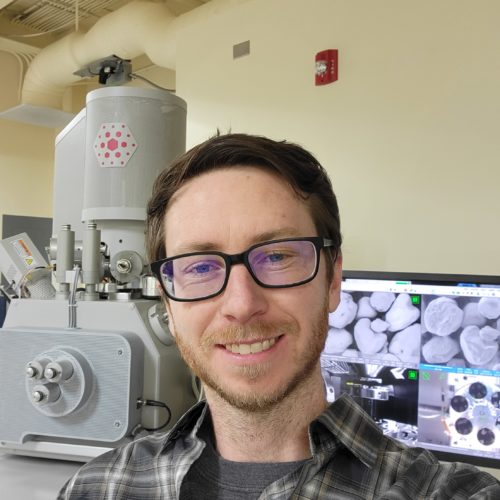
Michael Strange, PhD, received a Bachelor of Science in Geology from Utah State University in 2014 and a Doctor of Philosophy in Geosciences from the University of Nevada, Las Vegas, in 2020. Michael’s research focuses on the early evolution of animals and the processes responsible for their exceptional preservation. Holding Paleontological Resource Use Permits in Nevada and Utah, Michael has completed environmental, geological, and paleontological consulting including paleontological resources surveys, paleontological monitoring, and Phase 1 environmental site assessments.
Michael is currently a Research Professor at Utah State University and Assistant Laboratory Manager for the USU Luminescence Laboratory. He is adept at coordinating with regional, state, and local Bureau of Land Management (BLM) resource specialists to confirm expectations and establish protocols consistent with the National Environmental Policy Act (NEPA), the Paleontological Policy Preservation Act (PRPA), BLM’s Paleontological Resources Management Manual and internal memoranda, and the guidelines of the Society of Vertebrate Paleontology.
Michael is currently a Research Professor at Utah State University and Assistant Laboratory Manager for the USU Luminescence Laboratory. He is adept at coordinating with regional, state, and local Bureau of Land Management (BLM) resource specialists to confirm expectations and establish protocols consistent with the National Environmental Policy Act (NEPA), the Paleontological Policy Preservation Act (PRPA), BLM’s Paleontological Resources Management Manual and internal memoranda, and the guidelines of the Society of Vertebrate Paleontology.
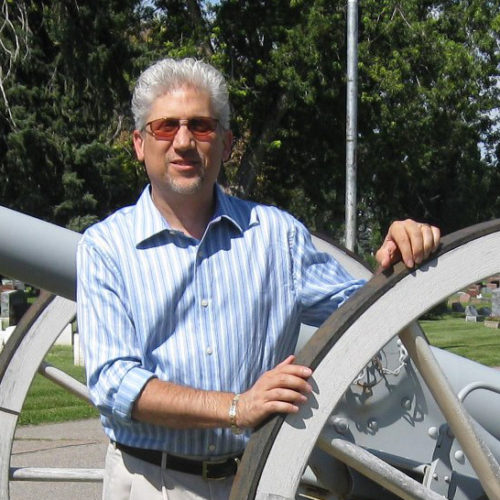
Ron Sladek, founder and president of Tatanka Historical Associates Inc., has been working in the field of history and historic preservation since the late 1980s. After obtaining his M.A. in 1987, he moved to Minneapolis-St. Paul where he spent several years working for Twin City Testing/Huntingdon International, one of the nation's largest engineering consulting firms. As the company's Staff Historian and Property Research Coordinator, Ron conducted historical and public records research and analysis on more than 500 sites across the central United States. This provided him with broad experience in historical and public records research methodology.
Through his several decades of work and volunteer activities, Ron has developed an excellent reputation for high quality research, writing and analysis. Today he is considered one of the leading Rocky Mountain Region consultants in the fields of history, architectural history, and historic preservation. His practice covers the entire West from Colorado to California.
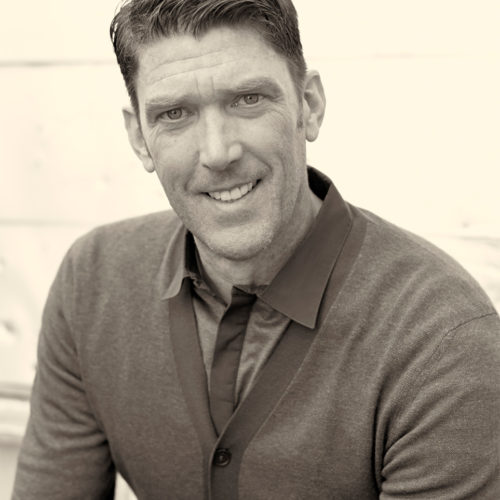
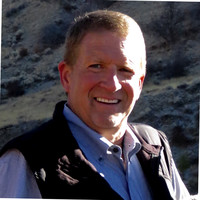
Todd graduated from Utah State University with a Bachelor of Arts degree in Business Management and a minor in French. After college, he spent 16 years with the Xerox Corporation Agent Program as an Agent Manager, and as the Business Operations Manager for the Western States region. His career with Xerox is best summed up by his winning Xerox President’s Club eight times. During Mr. Cottle’s tenure with Xerox he traveled internationally directing trade shows and making professional to both government and private business audiences. Volunteering at local schools and as a Boy Scout leader have been also been important aspects of his life.
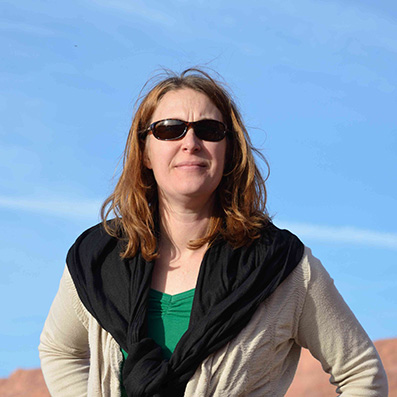
Will provide all the cartographic and GIS support for CHC projects. Molly is currently the Curator of the Museum of Anthropology at Utah State University. She received her PhD in geography from the University of Nebraska and holds a master's degree in anthropology from the University of Wyoming. She also serves as Director of the USU Spatial Data Collection, Analysis and Visualization Lab of which CHC is a partner. Molly has over a decade of experience in the lntermountain West and has served as co-Pl on Sand Creek Massacre Historic Site Mapping Project Colorado, the Sand Cliff Historic Signature Project, Utah, the Challis Bison Kill site, Idaho and the Goetz site investigations, Wyoming. She also served as crew chief during data recovery investigations at the Cove Creek site, Idaho (2000). Her GIS skills have been developed through a decade of work in academic, federal, and private settings. She has proficiency in a number ESRI products including ArcGIS, ArcPad, ArclMS, Arclnfo, as well as being proficient with Trimble GPS software and hardware including Pathfinder Office, GeoExplore Ill, GeoXT, GeoXH and the Power Pro. Molly has received numerous awards and grants for her work.
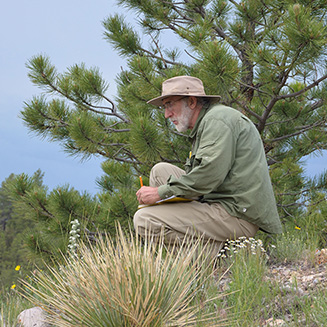
Bill is the Senior Geoarchaeologist for Cannon Heritage Consultants. He is listed on the Register of Professional Archaeologists and is a Licensed Professional Geologist in Arizona, Idaho, Oregon, Utah, Washington, and Wyoming. He began his higher education with a major in geology at Montana State University, completed his B.S. in anthropology at the University of Idaho, and received his M.A. in anthropology with emphasis in geoarchaeology at the University of Wyoming. He has over twenty seven years of expertise in analyzing the geological and pedological context of archaeological sites in both cultural resource management and research-oriented settings. Mr. Eckerle has conducted geoarchaeological analysis at many hundreds of archaeological sites in the Colorado Plateau, Great Basin, Northwestern Plains, Rocky Mountains, and Snake River Plain. He uses the principles of geomorphology, stratigraphy, soil science, Quaternary studies, and archaeological site formation principles to characterize archaeological sites and assess their significance and intactness. His site characterizations are oriented toward paleo-topographic reconstruction, paleoenvironmental reconstruction, site context evaluation including site formation and destruction processes, the analysis of prehistoric food resource availability, and archaeological subsistence and settlement. He models buried site locations within a geographic information systems (GIS) framework. Recently he has been principal investigator on multiple lake coring projects with the goal of providing archaeological-specific paleoenvironmental reconstructions. Mr. Eckerle has submitted hundreds of consultant reports. He has presented papers at the Society of American Archaeologists conference, Plains Anthropological Society meetings, the Great Basin Anthropological conference, the Northwest Anthropological conference and Rocky Mountain Anthropological conference as well as at meetings of the Montana Archaeological Society, Wyoming Association of Professional Archaeologists and Utah Professional Archaeological Counsel. He has also appeared as author and co-author on numerous articles in professional journals and provided geoarchaeological workshops for the membership of the Montana Archaeological Society and Wyoming Association of Professional Archaeologists.




